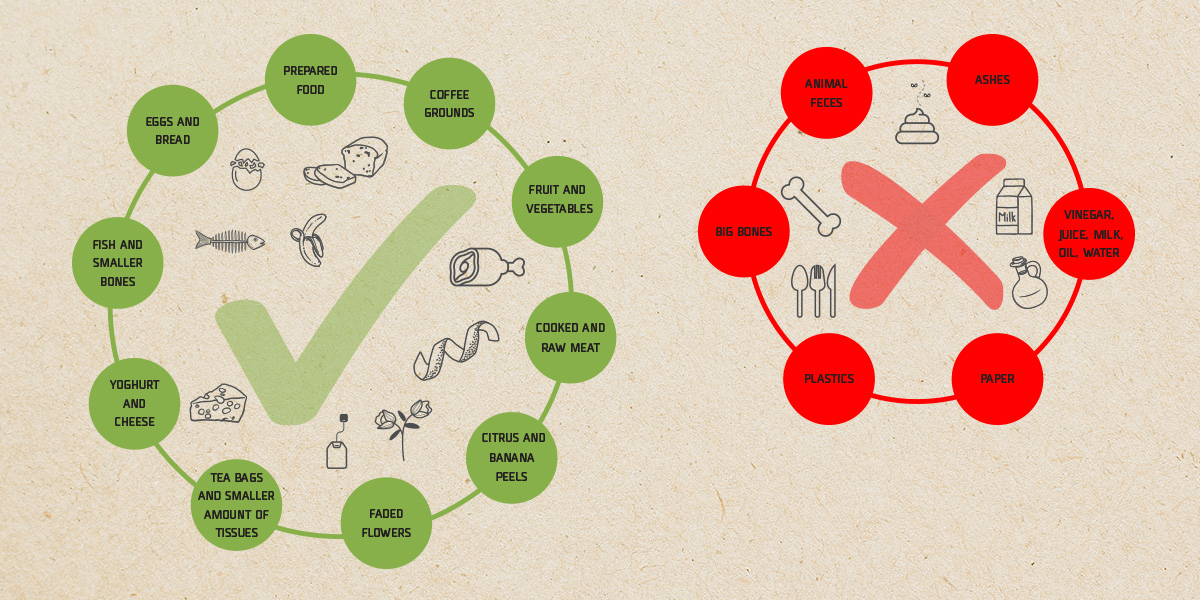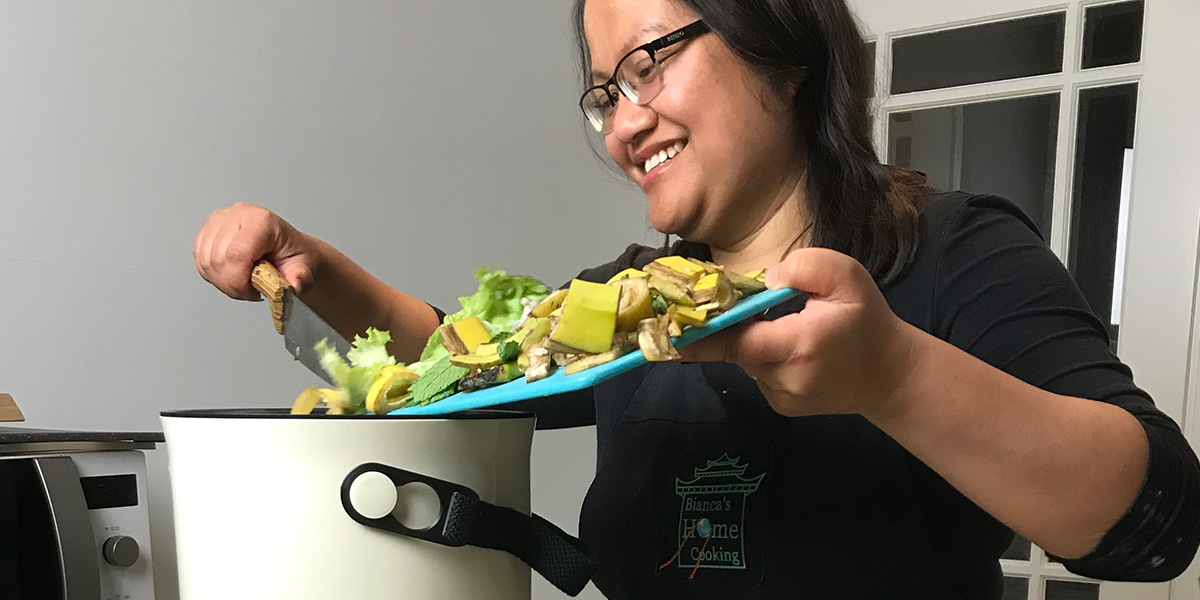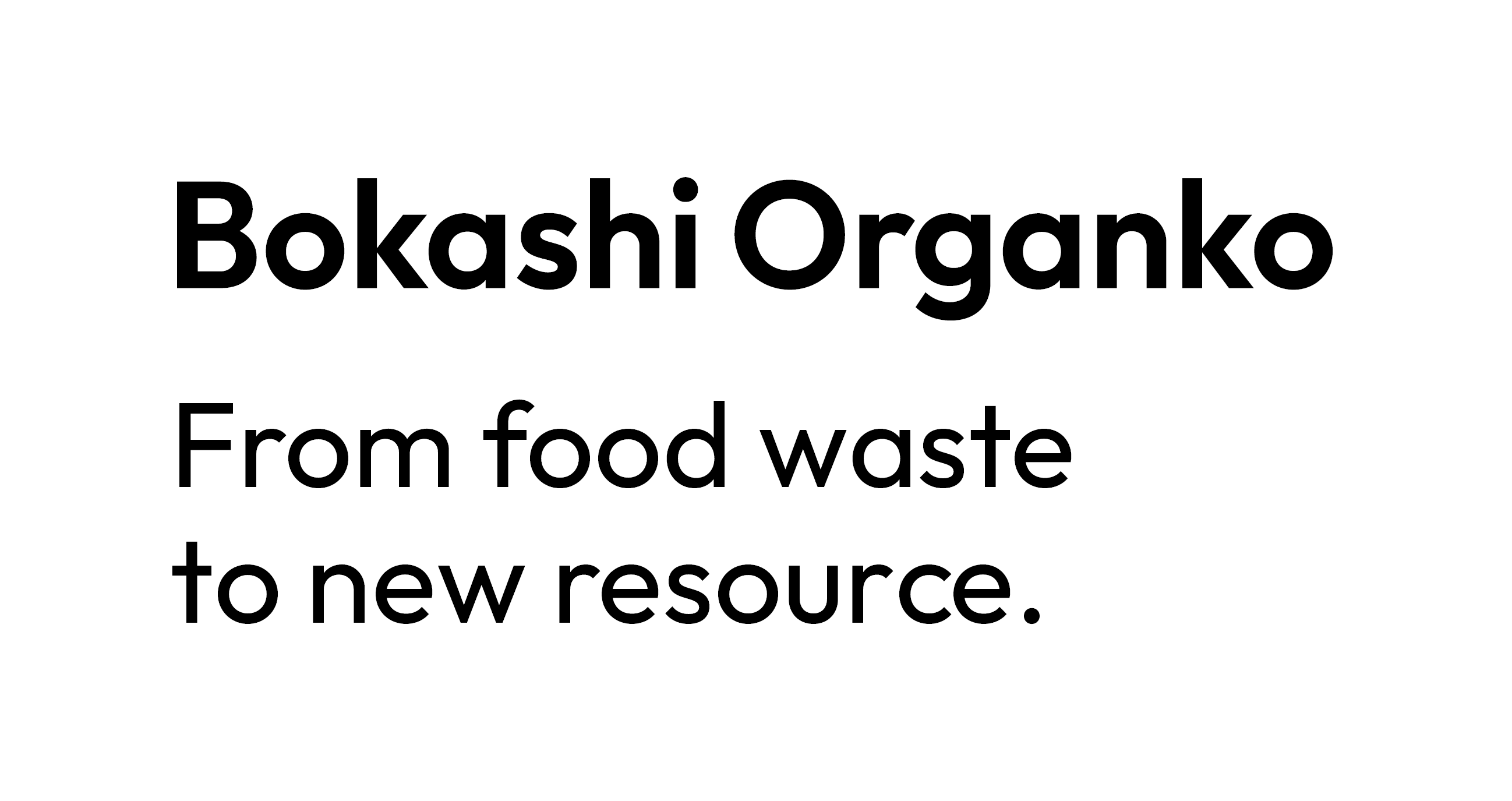Whether you already have your own compost or perhaps just getting started with this environmentally-friendly way of managing organic waste, you need to be able to answer, “what can I compost?”. This is exactly what we will help you out with today. We will list food scrap types that are most often causing confusion among users. Moreover, to make things as neat as possible for you, we will alphabetically arrange this “shady” organic waste.
Furthermore, please note that while the general guidelines for aerobic and Bokashi composting are very similar, we focus on the latter. All-in-all, Bokashi indoor composting decomposes food in a highly acidic environment, which means that it is able to manage almost all types of organic waste. However, there is still some bio-waste that should not be discarded in the Bokashi bin. Without further ado, let’s dive right into the “what can I compost?” question.
Can I compost… (A - Z)
As mentioned above, Bokashi composting is rather insensitive. As such, the whole “what can I compost” question is really not that tricky. As far as the food scraps go, you can basically put it all into a Bokashi bin. That includes some of the commonly questionable types of organic waste. Yet, there are still some guidelines you should follow. Even more so, when it comes to non-food organic waste.
Can I compost… (A)
… animal feces - No, you should not compost animal feces. The key issue with this type of organic waste is that it can contain pathogens and parasites. These include salmonella, tapeworm, and Toxoplasma Gondii, all of which can compromise the entire compost. Moreover, even if animal feces do not contain any pathogens or parasites, they are not suitable for vegetable garden compost. As such, we strongly advise you not to put animal feces in your Bokashi compost.
… animal hair - Yes. Animal hair is rich in nitrogen, which is a key natural element aside from carbon. As such, you may dispose of animal hair in your Bokashi composter as long as the quantities are reasonably low. Moreover, in case you have a lot of dry material in your Bokashi bin, you should sprinkle some water on animal hair.

Can I compost… (B, C)
… banana peels - Yes. You can dispose of banana peels into your Bokashi composter. However, in order to avoid bringing powerful pesticides into the mix, it is important to buy organic bananas. Moreover, banana peels contain a lot of calcium, iron, and calcium, which will add a lot of nutritional value to your Bokashi cake.
… citrus - Yes. Citrus peels contain a lot of nutrients and can be a great addition to your Bokashi compost. However, just like banana peels, they can contain a lot of pesticides. As such, you should buy only organic citrus if you plan to add their peels to your compost.
… cooked food - Yes. While you can place basically all cooked food into Bokashi compost, we strongly recommend that you do the best you can to avoid these kinds of situations (we don’t want to waste food). As such, do the best you can to cook only the food that you’ll be able to eat.
… cypress twigs - Yes, but small quantities. As a rule of thumb, cypress twigs should not represent more than 3% of the entire compost material.
Can I compost… (D, E, F)
… dairy products - Yes. Dairy products may be disposed of in Bokashi composting. Though, keep in mind that it is not good to put liquids into a Bokashi bin. As such, liquid yogurts and milk should be avoided or limited to very small quantities.
… eggshells - Yes. Eggshells are a great source of calcium that becomes accessible to plants after it’s processed by the fungi in your compost.
… fruits (in larger quantities) - Yes. Just like fresh veggies, fruits are one of the most suitable organic materials for composting. However, keep in mind that it contains great amounts of water, which means that you will need to remove fermented liquid more often if you have disposed of a lot of fruit into your Bokashi bin. Moreover, just like with banana and citrus peels, it is recommended to compost only organic fruits.
Can I compost… (M, O)
… meat - Yes. You can compost meat (raw and cooked). However, you should not dispose of large pieces of meat or large bones. The latter can take too long to process.
… oil - No. When it comes to bokashi composting, all liquids should be avoided. As such, oils are not suitable for composting. However, if you are dealing with smaller amounts of oil, you may use oatmeal or other kinds of cereals to soak it up and feed the bird.
… onion - Yes. Since Bokashi composting uses a fermentation process, onions are not an issue.
Can I compost… (P, S, W)
… paper - No. Paper is not suitable for bokashi composting. However, you may dispose of small pieces of tissues in small quantities.
… seaweed - Yes. Seaweed is rich in minerals and is thus an excellent composting material. Moreover, there is no need to rinse the seaweed with fresh water as the salt in small quantities also contributes to the quality of compost.
… walnut leaves - Yes, but in small quantities. Similar to cypress twigs, walnut leaves have a lot of protective oils. However, as long as the walnut leaves represent less than 5% of the entire compost, it should be ok.
… wool - Yes, but in smaller quantities. Wool is essentially animal hair; thus, the same guidelines apply. However, if the wool is not pure, it is better not to add it to the compost.

Can I compost this food - find out the food scrap from A to Z - parting thoughts
Above, we’ve covered all of the materials that most usually come up with the “can I compost?” question. As such, use the info above as a guideline in order to make the most of your Bokashi composting. Moreover, when indoor composting is in question, having a high-quality indoor composter is essential. So, in case you are not properly equipped yet, we strongly recommend you check out Bokashi Organko.
Furthermore, let us thank you for your composting efforts and thus your contribution toward a more sustainable planet. Thank you and keep up the good work!


